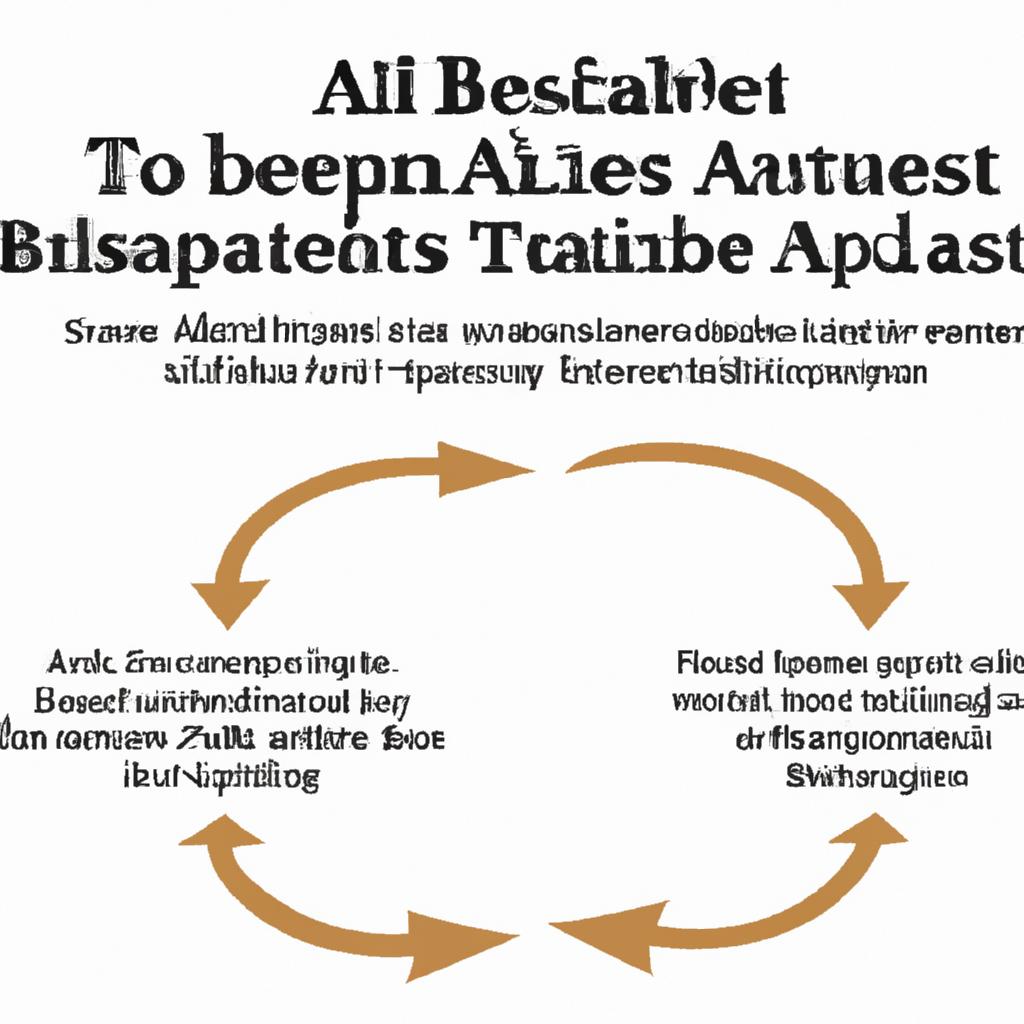In the realm of estate planning, the AB trust is a sophisticated tool that can offer a myriad of benefits to individuals seeking to protect and preserve their assets for loved ones. At Morgan Legal Group in New York City, our team of experienced attorneys specializes in crafting tailored estate plans that include the utilization of AB trusts. In this article, we will delve into the intricacies of what an AB trust entails, how it functions, and the potential advantages it can provide for those looking to secure their financial legacy.
Understanding the AB Trust in Estate Planning
When it comes to estate planning, the AB Trust is a common tool utilized to maximize tax benefits and ensure that assets are distributed according to the wishes of the deceased. This type of trust, also known as a bypass trust or credit shelter trust, is designed to take advantage of the estate tax exemption for both spouses.
The AB Trust works by splitting a married couple’s assets into two separate trusts upon the death of the first spouse. The A Trust, also known as the marital trust, allows the surviving spouse to have access to income and principal. The B Trust, or family trust, is designed to benefit the children and other beneficiaries. By utilizing this strategy, couples can effectively double their estate tax exemption, ultimately reducing the tax burden on their heirs. It is important to consult with an experienced estate planning attorney, like the experts at Morgan Legal Group in New York City, to ensure that the AB Trust is set up correctly and in accordance with state laws.

Key Components of an AB Trust and How It Operates
An AB Trust, also known as a bypass trust or credit shelter trust, is a common estate planning tool used by married couples to minimize estate taxes upon the death of the second spouse. This type of trust is typically structured as follows:
- Trust A: The “A” trust holds the assets of the first spouse to die, up to the estate tax exemption amount. These assets are not subject to estate taxes at the first spouse’s death.
- Trust B: The “B” trust, also known as the survivor’s trust, holds the assets of the surviving spouse and can provide income and support for the surviving spouse during their lifetime.
Upon the death of the second spouse, the assets held in Trust A and Trust B are distributed according to the terms of the trust. This can help ensure that the couple’s children or other beneficiaries receive the maximum benefit of the estate while minimizing the impact of estate taxes. An AB Trust operates by taking advantage of the estate tax exemption for each spouse, allowing both spouses to pass on assets to their heirs with minimal tax consequences.

Benefits of Implementing an AB Trust in Your Estate Plan
An AB Trust, also known as a bypass trust or a credit shelter trust, is a powerful estate planning tool that can help you maximize tax savings and protect your assets for your loved ones. By setting up an AB Trust as part of your estate plan, you can ensure that your assets are distributed according to your wishes while minimizing estate tax liabilities.
One of the key is that it allows you to take full advantage of the estate tax exemption for both you and your spouse. This means that you can effectively double the amount of assets that can be passed on to your heirs tax-free. Additionally, an AB Trust can provide asset protection for your beneficiaries, ensuring that their inheritance is secure from creditors and other potential threats.

Guidelines for Setting Up an AB Trust for Optimal Asset Protection
When it comes to asset protection, setting up an AB Trust can be a highly effective strategy. An AB Trust, also known as a bypass or credit shelter trust, allows a married couple to maximize their estate tax exemptions and protect assets for future generations. Here are some guidelines to help you set up an AB Trust for optimal asset protection:
- Choose the right trustee: Selecting a trustee who is reliable and trustworthy is crucial for the proper administration of the AB Trust. The trustee will be responsible for managing the assets in the trust and distributing them according to the terms of the trust document.
- Define the beneficiaries: Clearly define who the beneficiaries of the trust will be. This can include children, grandchildren, or other loved ones. By specifying the beneficiaries, you can ensure that your wishes are carried out and that your assets are protected for future generations.
| Benefit | Explanation |
|---|---|
| Tax Savings | AB Trusts can help minimize estate taxes, allowing more assets to pass to beneficiaries. |
| Asset Protection | Assets held in a trust are protected from creditors and potential lawsuits. |
Q&A
Q: What is an AB trust and how does it work?
A: An AB trust, also known as a bypass trust, is a way for married couples to minimize estate taxes and control how their assets are distributed after their passing.
Q: Who can benefit from setting up an AB trust?
A: Couples with significant assets, particularly those that exceed the estate tax exemption limit, can benefit from setting up an AB trust.
Q: How does an AB trust differ from other types of trusts?
A: Unlike a traditional trust, an AB trust allows the surviving spouse to access funds and assets while still preserving them for the beneficiaries of the trust.
Q: What are the key advantages of an AB trust?
A: Some key advantages of an AB trust include reducing estate taxes, protecting assets from creditors, and ensuring that assets are distributed according to the wishes of the deceased spouse.
Q: Are there any drawbacks to setting up an AB trust?
A: Setting up an AB trust can be complex and costly, and it may also limit the flexibility of the surviving spouse in terms of accessing and managing assets.
Q: How can someone go about setting up an AB trust?
A: To set up an AB trust, it is recommended to consult with an estate planning attorney who can provide guidance on establishing the trust and ensure that it aligns with your financial goals and objectives.
Closing Remarks
In conclusion, an AB trust is a powerful estate planning tool that can help ensure your assets are protected and distributed according to your wishes. By taking the time to set up an AB trust, you can provide for your loved ones and minimize the impact of estate taxes. Consult with a qualified estate planning attorney to determine if an AB trust is right for you and start securing your legacy today. Remember, it’s never too early to start planning for the future.






